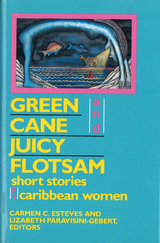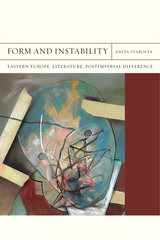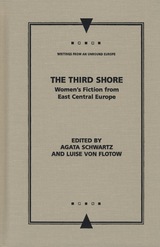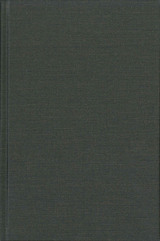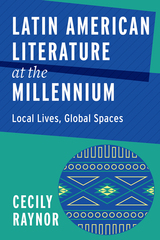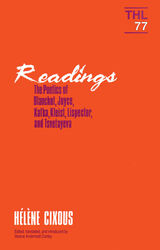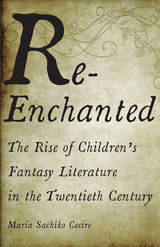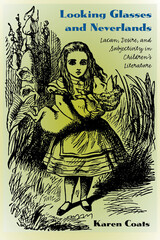ABOUT THIS BOOKIf ever there was a polyglot place on the globe (other than the Tower of Babel), America between 1750 and 1850 was it. Here three continents—North America, Africa, and Europe—met and spoke not as one, but in Amerindian and African languages, in German and English, Spanish, French, and Dutch. How this prodigious multilingualism lost its voice in the making of the American canon and in everyday American linguistic practice is the problem American Babel approaches from a variety of angles. Looking at the first Arabic-language African-American slave narrative, at quirks of translation in Greek-American bilingual books, and at the strategies of Yiddish women poets and Welsh-American dramatists, contributors show how linguistic resistance opposes the imperative of linguistic assimilation. They address matters of literary authority in Irish Gaelic writing, Creole novels, and the multiple voices of the Zuni storyteller; and in essays on Haitian, Welsh, Spanish, and Chinese literatures, they trace the relationship between domestic nationalism and immigrant internationalism, between domestic citizenship and immigrant ethnicity.
REVIEWSAmerican Babel acts enlighteningly on the proposition that from the outset American literature has looked as much to a multilingual as to an English-language literary record...The twenty-five essays which make up the collection confirm a genuine variety of voice...[and] should help deliver a provocative and timely reminder of what historically have always been the more inclusive languages of America's literary-cultural voice.
-- Year's Work in English Studies
TABLE OF CONTENTS
PART I. INTRODUCTION
1. Babel in America 3
MARC SHELL
2. The Name of America 34
ALEXANDER DEL MAR
PART II. RESISTANCE AND ASSIMILATION
3. "And in a Christian Language They Sold Me": 41
Messages Concealed in a Slave's Arabic-Language
Autobiographical Narrative
ALA ALRYYES
4. Unfaithful Translation: Bilingual Versions as 55
Greek-American Strategies of Concealment
YOTA BATSAKI
5. Disturbing the Language Peace: German-Jewish 74
Women Poets in Aufbau, 1933-1993
ELISABETH LENCKOS
6. Mordecai and Haman: The Drama of Welsh 93
America
ESTHER WHITFIELD
7. Ferdinand Kiirnberger's DerAmerika-Miide (1855): I 17
German-Language Literature about the United
States, and German-American Writing
WERNER SOLLORS
PART III. AUTHORITATIVE AND
NONAUTHORITATIVE LANGUAGES
8. 'Neither the King's English nor the Rebbetzin's 133
Yiddish': Yinglish Literature in the United States
JAMES LOEFFLER
9. Homing Pidgins: Another Version of Pastoral 163
in Hawai'i
SUSANNAH YOUNG-AH GOTTLIEB
10. Irish Gaelic Literature in the United States 188
KENNETH NILSEN
11. Alfred Mercier's Polyglot Plantation Novel 219
of Louisiana
LAWRENCE ROSENWALD
12. Written in Sound: Translating the Multiple 238
Voices of the Zuni Storyteller
DENNIS TEDLOCK
PART IV. LOSS AND GAIN
13. Contrapuntal Languages: The Games They 263
Play in Spanish
DORIS SOMMER
14. America, Everybody's Other World 283
ALICIA BORINSKY
15. The Gothic and the American-Exotic: Baron 297
Ludwig von Reizenstein's Die Geheimnisse von
New-Orleans
STEVEN ROWAN
16. Grave Matters: Poetry and the Preservation 307
of the Welsh Language in the United States
MELINDA GRAY
17. Beyond the National Tradition: Thuong Vuong- 322
Riddick's Two Shores/Deux Rives
DAN DUFFY
PART V. NATIONALISM AND INTERNATIONALISM
18. The Welsh Atlantic: Mapping the Contexts 343
of Welsh-American Literature
DANIEL WILLIAMS
19. Carved on the Walls: The Archaeology and 369
Canonization of the Angel Island Chinese Poems
TE-HSING SHAN
20. Immigration Blues: The Portrayal of Chinatown 386
Life in Chinese-Language Literature in America
XIAO-HUANG YIN
21. "China' in the American Diaspora 404
QIAN SUOQIAO
22. Haitian Literature in the United States, 431
1948-1986
JEAN JONASSAINT
23. Translingualism and the American Literary 450
Imagination
STEVEN G. KELLMAN
24. What Is Aufkliirung (in Pennsylvania)? 465
PETER FENVES
PART VI.AFTERWORD
25. "Prized His Mouth Open": Mark Twain's The 491
Jumping Frog of Calaveras County: in English, then
in French, then clawed back into a civilized language
once more by patient, unremunerated toil
MARC SHELL

